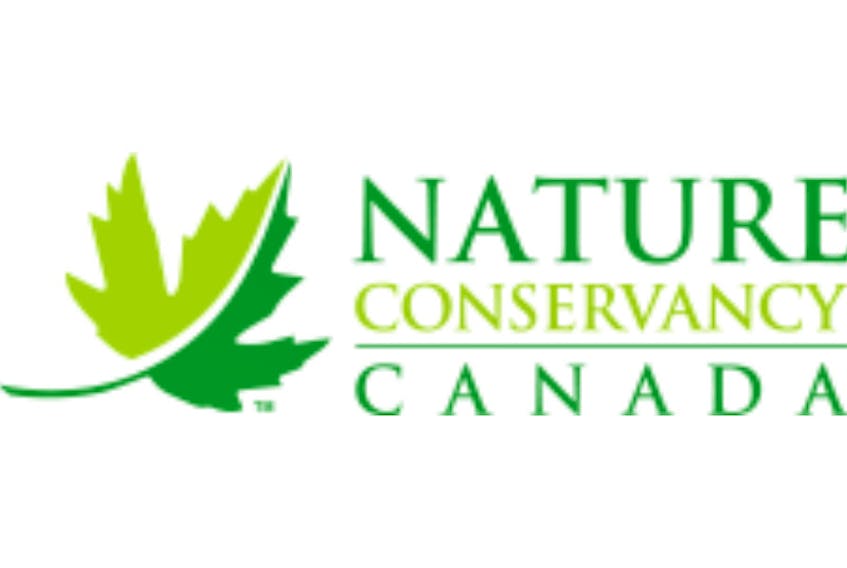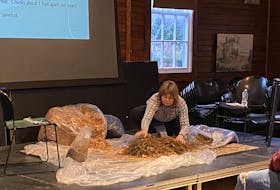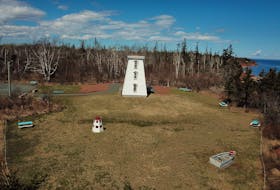Upper Cape, N.B. – A large salt marsh and forested island on the Northumberland Strait has been donated to the Nature Conservancy of Canada (NCC) as wildlife habitat.
Glen Campbell and his wife, Jane-Anne, donated the 58-hectare (142-acre) island and salt marsh to NCC through the Government of Canada’s Ecological Gifts program. The new Ephraim Island Nature Reserve is 15 kilometres southwest of Confederation Bridge and the Cape Jourimain National Wildlife Area.
The Campbells purchased the island in 2001 as it was being subdivided for cottage lots, in order to prevent the natural habitat from being destroyed.
The donated land also marks a conservation milestone in Canada, as the 1,500th completed ecological gift. Administered by Environment and Climate Change Canada since 1995, the program provides a way for Canadians with ecologically sensitive land to protect nature and leave a legacy for future generations, while receiving enhanced tax benefits. Many of these ecological gifts contain areas designated as being of national or provincial significance, and many are home to some of Canada's species at risk.
About 70 per cent of the Ephraim Island Nature Reserve is made up of salt marsh, a type of wetland deemed provincially significant in New Brunswick because of its value for many species, especially shorebirds. This project also protects vital wildlife habitat in a coastal area increasingly under pressure for cottage development. It is located on the Atlantic flyway, a major North American migration route.
An estimated 65 per cent of the Maritimes’ salt marsh habitat has been lost to coastal development in the past 300 years. The region’s remaining undisturbed salt marshes are high-priority areas for conservation because they provide rich habitat for many species, particularly shorebird species that are threatened or experiencing declining populations.
Many species of shorebirds and other migratory birds including great blue heron, willet (a provincially rare shorebird), black duck, green-winged teal, greater yellowlegs, semipalmated sandpiper and semipalmated plover, rely on the salt marsh and surrounding habitat. Rare plants, such as salt marsh sedge, skunk cabbage and checkered rattlesnake plantain, thrive in the nature reserve.
In addition to the land donation through the Government of Canada’s Ecological Gifts Program, support for this conservation project was provided by the U.S. Fish and Wildlife Service and the Crabtree Foundation. The Campbells also contributed to NCC’s Stewardship Endowment Fund to support the long-term management of conserved lands in New Brunswick.









